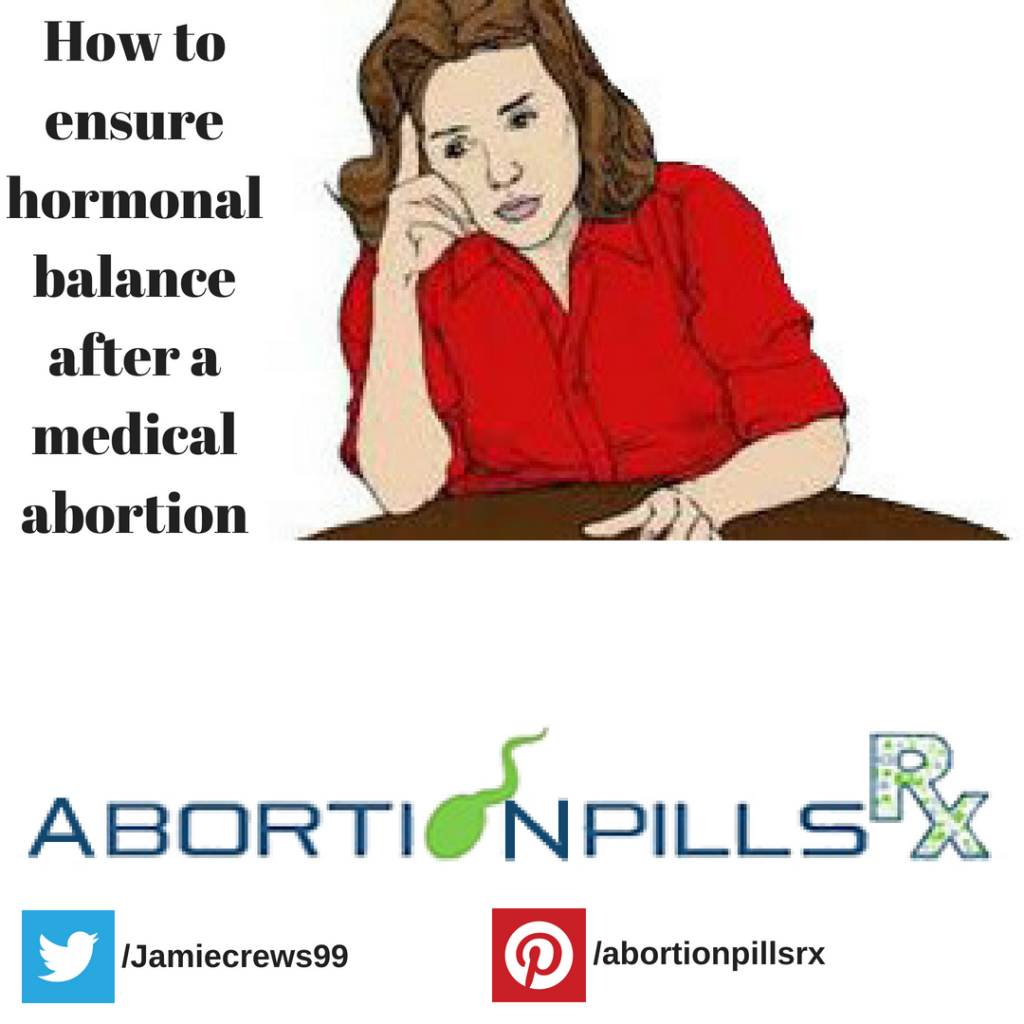What is a vaginal yeast infection?
A vaginal yeast infection is nothing but of a form of a fungus infection in the vaginal area. It is also known a Candidal vulvovaginitis, Candidal vaginitis or yeast vaginitis. Around 90% of vaginal infections are a result of spread Candida albicans, a species which are the main cause of it.
The presence of Candida species is not rare and can be found in healthy women as well yet it may or may not cause any symptoms. The occurrence of infection takes place only when the usual balance of yeast and bacteria is disrupted. It allows the growth of the yeast more than needed. Though yeast can possibly be spread by sexual contact, experts do not consider it an STD. It can also arise in women who may not be active sexually.

Symptoms:
- A typically thick vaginal discharge which is whitish gray in color and odorless.
- Vaginal or genital area itching to an extreme level
- Burning and Irritation
- Agony during sexual intimacy
- Burning or pain during urination
- Irritation, redness, swelling or soreness of the vagina.
Whom to reach for its treatment?
- Primary care practitioners
- Family practice physician
- Internists
- Pediatrician
- Gynecologist
Home remedies to treat a yeast infection:
Antifungal drugs are used to treat vaginal yeast infection. Over-the-counter (OTC) remedies or prescriptions are obtainable which are powerful enough to treat vaginal yeast infections.
For a home remedy, nonprescription medicines perhaps work best for yeast infections. However, methods in homeopathy have not been fairly studied for doctors and other healthcare professionals to recommend them. While anti-itch solutions are used for itching problems and do not solve the problem yeast infection.
You can get antifungal or antibiotic treatments without any prescription. These include tablets, vaginal creams, or suppositories which are applied directly to the affected area. Medication course may change depending on the length of treatment. Usually, it includes a one-day or three-day regimen.
Over-the-counter medication can include drugs like:
- Clotrimazole
- Miconazole
- Terconazole
Oral prescription medications used to treat a vaginal yeast infection
In order to cure recurrent yeast infections or the ones that take time to respond oral prescription medications in the form of tablet or pill can be used.
Fluconazole is a medicine that is preferably used by women as an oral antifungal medicine.
Women may take it on a weekly or monthly basis to maintain the condition especially if they have recurrent yeast infections. Having said that, it is necessary to reassure that recurrent infections are taking place.
Side effects:
- Nausea,
- Headache
- Abdominal pain
How to cure a yeast infection during pregnancy?
Yeast infection is commonly found during pregnancy. If a pregnant woman develops the symptoms of a yeast infection she must visit a doctor at earliest and take healthcare advice on the same. Pregnant women are not allowed to use oral antifungal medications.
Note:
Women’s health is an important issue which shouldn’t be ignored. Contributions need to be made to guide women through the stages of her life. It helps in understanding the condition and disease that may occur and curing them. Enlightening yourself in order to successfully adapt different phases of transitional life is key to a healthy, productive land happy life.


